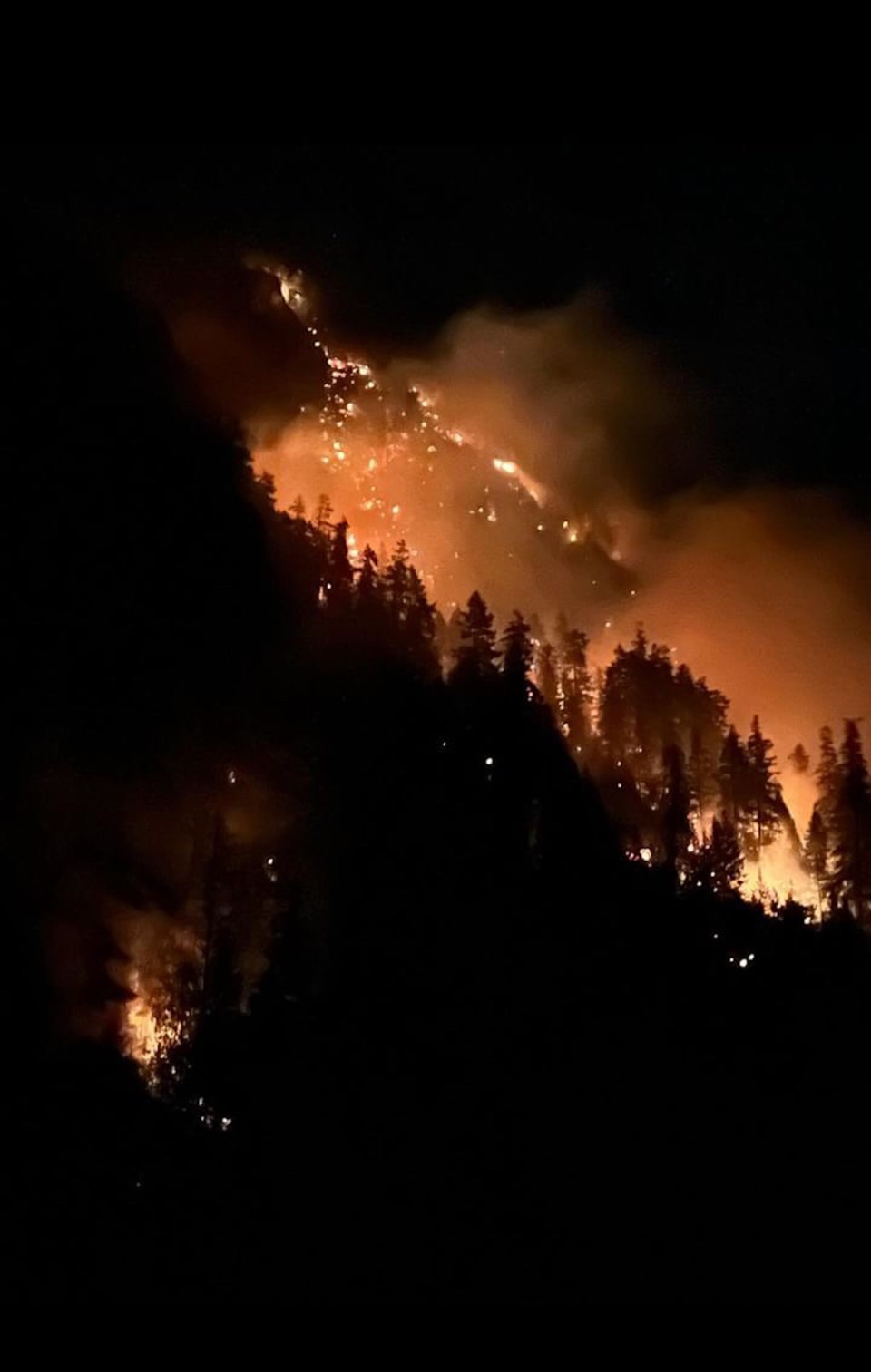For many of us who grew up spending time in the backcountry, showing respect and maturity led to more cool ‘adult’ responsibility.
Dad taught you how to use an axe, for example, and then let you try to cut kindling.
Swing the axe around wildly or threaten your brother with it—that was that.
No more getting to be grown up with the axe.
The same went for starting a fire and learning to drive (back when learning to drive before you were legal meant you could be another driver if something went wrong on FSRs far from a hospital); act like an idiot, and you lost privileges.
So, we grew up equating care and responsibility in the backcountry with the pride of being capable and adult.
For those who didn’t grow up learning these lessons, the backcountry perhaps feels more like a field trip with no teacher supervision—or maybe a wild frat party on the first year away from home.
It has reached the point where those who are stewards of the land, like in the Squamish Valley, are starting to say enough is enough.
If things don’t improve, those who can manage access, like Squamish Nation, could decide it is time to take the symbolic axe away from everyone—and severely restrict access to the places so many of us love.
Those of us who defer to the forests, rivers and lakes and aim to leave no trace when we recreate need to step up and help the strained agencies that are doing their best to tackle the problem.
Veteran U.S. hiker, guide and has simple and helpful tips on how to educate others outdoors, without causing conflict.
Say you see someone camping too close to the Squamish River in the valley, for example.
Werner’s method is:
• Give the person the benefit of the doubt. Maybe they just don’t know the dangers.
• Make conversation first. Stand side by side rather than eye to eye, which can be intimidating or seen as aggressive.
• “Teach people the reason why their actions impact the backcountry by explaining the ecological and natural processes at work.”
• Give them an alternative.
Of course, this is a simple example. The point is, there are plenty of things many of us see out in the valley or up the Mamquam FSR that we know are wrong, but we don’t speak up.
But if we see it as educating someone who may not know, that takes some of the edge off.
If it is not safe to approach the errant individuals, at least call in and report them to Conservation or the RCMP, whichever is appropriate.
Those of us who love our wilder areas and wildlife have a responsibility to protect them and help the maxed-out authorities who can’t be in so many places at once.




